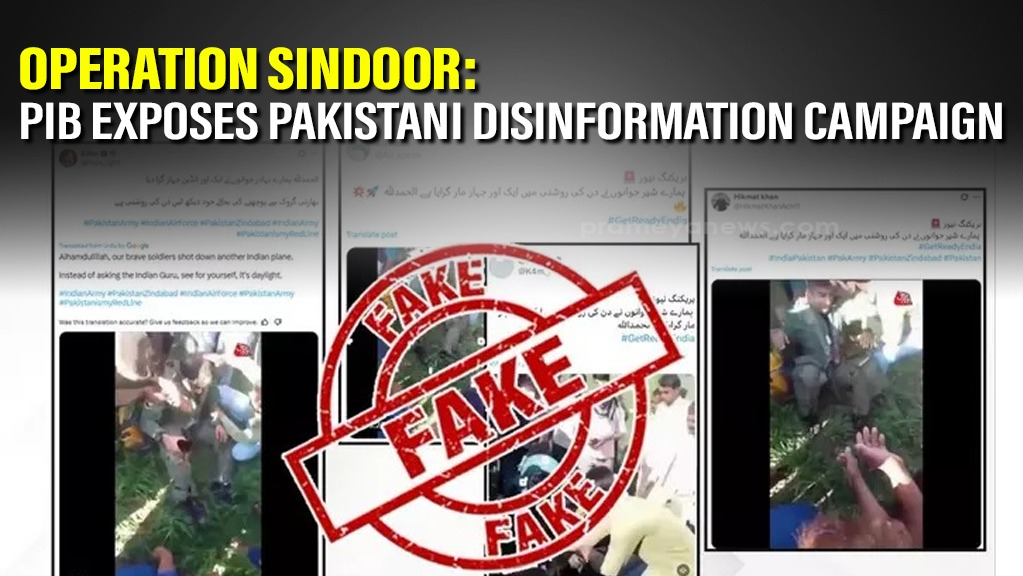

India Counters Pakistan-Linked Disinformation Campaign
In a period of heightened regional tensions, India's Press Information Bureau (PIB) has actively countered a significant wave of disinformation and fake news, reportedly originating from social media handles and media sections in Pakistan. This coordinated effort, described as a "psychological warfare campaign," aimed to sow confusion and panic among Indian citizens. The PIB's fact-checking unit moved swiftly to debunk numerous false claims, particularly between Thursday night, April 24th, and Friday morning, April 25th, 2025, highlighting the critical role of official channels in combating misinformation during sensitive times.
PIB's Fact-Checking Operations
The PIB's fact-check unit identified and refuted at least eight distinct pieces of fabricated content circulating widely on social media platforms. These efforts were crucial in preventing the further spread of misleading narratives designed to escalate fear and mistrust. The unit not only labeled the claims as false but also provided evidence and official clarifications to counter the disinformation effectively. This rapid response aimed to mitigate the impact of the campaign on the Indian populace, who were identified as being at risk of falling victim to these sophisticated efforts.
Examples of Debunked Disinformation
The debunked items covered a range of alarming but entirely false scenarios:
The swift and evidence-backed intervention by India's Press Information Bureau was instrumental in neutralizing a concentrated disinformation campaign apparently orchestrated from Pakistan. By systematically debunking false narratives—ranging from fake military actions to fabricated official communications and public service disruptions—the PIB aimed to prevent panic and maintain public order. This episode underscores the increasing challenge of combating state-sponsored or aligned psychological warfare in the digital age and highlights the critical importance of official fact-checking mechanisms in preserving information integrity during periods of heightened geopolitical tension.